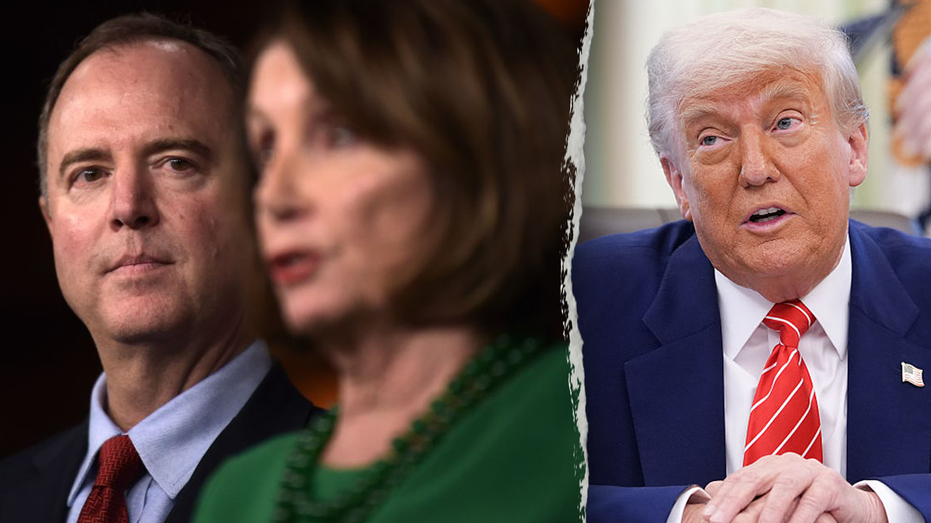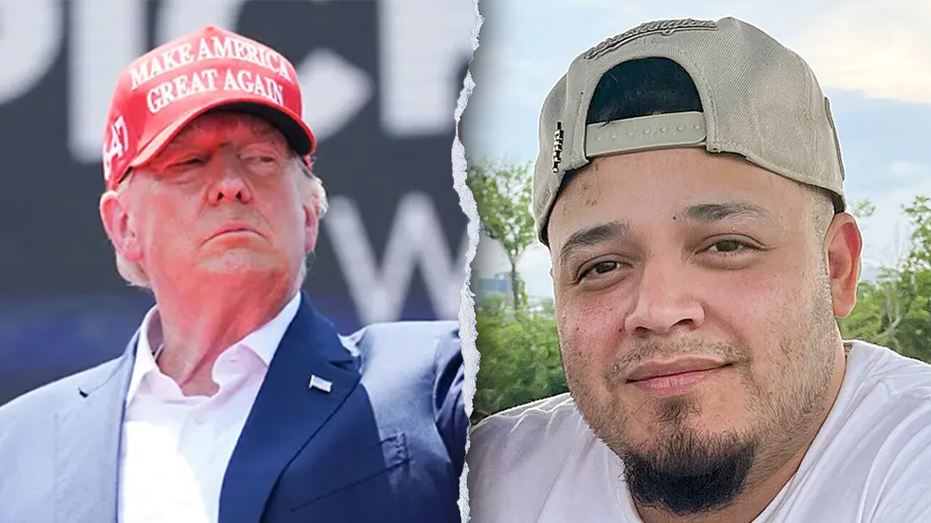White House Accuses Pelosi of Hypocrisy as Schiff Calls for Trump Administration Financial and Ethics Records
Sen. Schiff calls for White House officials' financial disclosures as Kush Desai shifts focus to Nancy Pelosi's investments amid transparency debates.

Senator Adam Schiff is facing renewed criticism after issuing a call for the White House to release financial disclosures of senior officials—a move that quickly escalated into a broader partisan dispute over transparency and accusations of insider trading among high-ranking lawmakers.
Schiff, a Democrat from California, sent an official letter to White House counsel David Warrington and Chief of Staff Susie Wiles expressing what he described as “continued and growing concern regarding the failure to submit any financial disclosure reports for senior White House officials to the Office of Government Ethics within the statutorily mandated period.” Schiff demanded not only a list of officials required to file “new entrant” reports but also an explanation for the delayed or missing disclosures, and details regarding any late fees incurred as a result of non-compliance.
As the debate heated up, a spokesman for former President Trump, Kush Desai, fired back at Schiff, urging him to turn his attention toward alleged financial improprieties involving longtime Congresswoman Nancy Pelosi. “The American people remain highly concerned about Nancy Pelosi’s long, documented history of insider trading and eagerly await Adam Schiff refocusing his political stunt on serious issues, like Pelosi’s portfolio,” Desai remarked, referencing longstanding allegations and scrutiny related to Pelosi’s considerable net worth and her stock trades during her nearly four decades in the House of Representatives.
Pelosi, who previously served as Speaker of the House, has repeatedly denied any wrongdoing but did not address the most recent criticisms when approached for comment. The controversy underscores persistent bipartisan concerns about lawmakers’ stock ownership and potential conflicts of interest, which have prompted legislative proposals such as the PELOSI Act—Preventing Elected Leaders from Owning Securities and Investments—introduced by Senator Josh Hawley and Representative Mark Alford.
The White House swiftly defended its compliance with ethics requirements. Spokeswoman Taylor Rogers maintained that “all officials … who are required to file public reports continue to comply with their obligations, including the obligation to file periodic transaction reports disclosing the purchase or sale of certain securities.” She emphasized that administrations from both parties have a tradition of transparency standards designed to uphold public trust in government.
Still, Schiff and allied Democrats insist that heightened scrutiny remains warranted, especially amid concerns that some officials may be failing to disclose assets or business entanglements in a timely fashion. “Transparency and compliance with ethics laws are essential,” Schiff said, warning of the risk of officials potentially misusing their positions for personal gain.
Meanwhile, former President Trump has voiced support for legislation barring elected officials from trading individual stocks, arguing that “I watched Nancy Pelosi get rich through insider information, and I would be OK with it. If they send that to me, I would do it,” referencing efforts to ban members of Congress from owning securities that could present conflicts of interest.
The exchange between Schiff, the White House, and Republican critics highlights deepening partisan divides on Capitol Hill regarding ethics, transparency, and the ongoing debate over lawmakers’ personal finances—a debate that shows little sign of abating as both parties trade accusations and call for greater accountability across the board.




